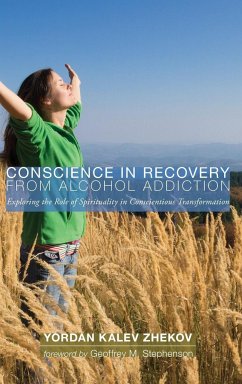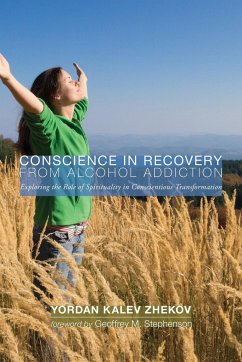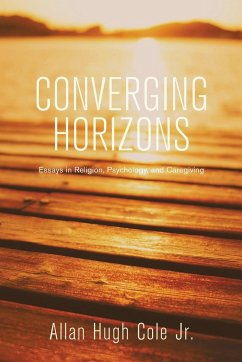Academic research in alcohol addiction presents diverse results and subject inadequacies. This study identifies conscience and its influence through spirituality on successful recovery as promoting unity and adequacy in the field. The purpose of the study is to analyze the relationship between conscience, spirituality, and recovery from alcohol addiction. This threefold framework underlines the conceptual importance of cognition, affect, behavior, spirituality, and character in addiction studies. Narrative analysis (NA) is employed for designing the present research. It is utilized for collection, examination, and formulation of the results derived from the participants' stories. Semi-structured interviews are used within the NA framework to provide the data from the twelve participants. The latter are selected as a homogeneous group based on characteristics of their addiction, spirituality, and recovery. The analysis of narratives defines conscience with its cognitive, emotive, and conative elements as related to spirituality. The conscience's nature and functioning undergo deterioration during addiction and complete rejuvenation through participants' spiritual transformation of a transcendent divine experience. Spiritually empowered conscience supports progressive recovery from alcohol addiction. The conscientious approach to self, life, and others is shaped by virtue and spiritual commitment.
Hinweis: Dieser Artikel kann nur an eine deutsche Lieferadresse ausgeliefert werden.
Hinweis: Dieser Artikel kann nur an eine deutsche Lieferadresse ausgeliefert werden.








